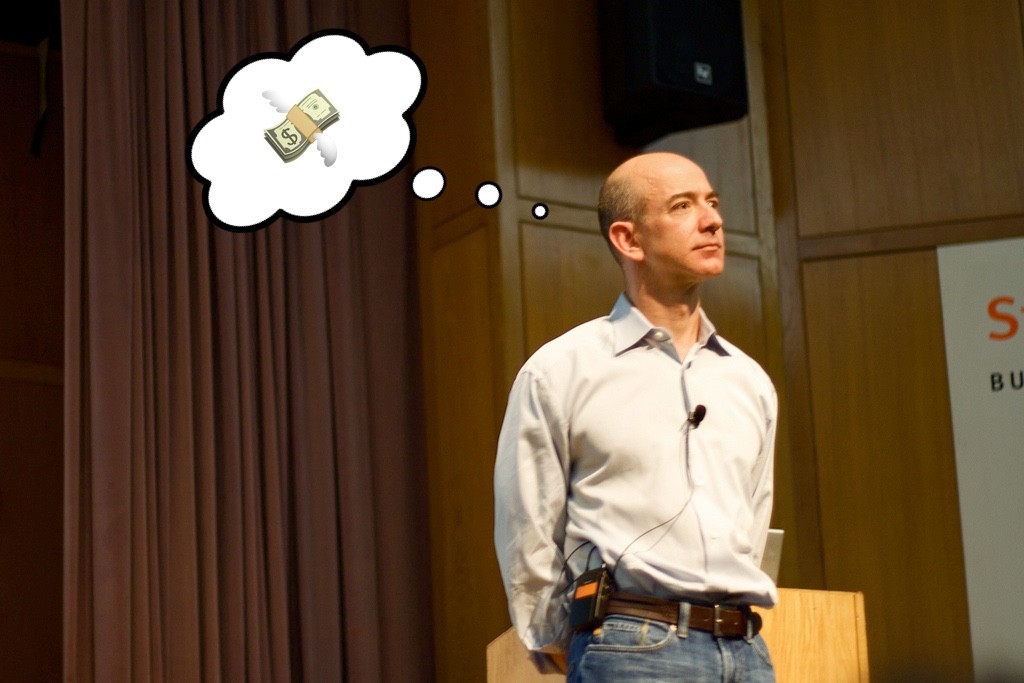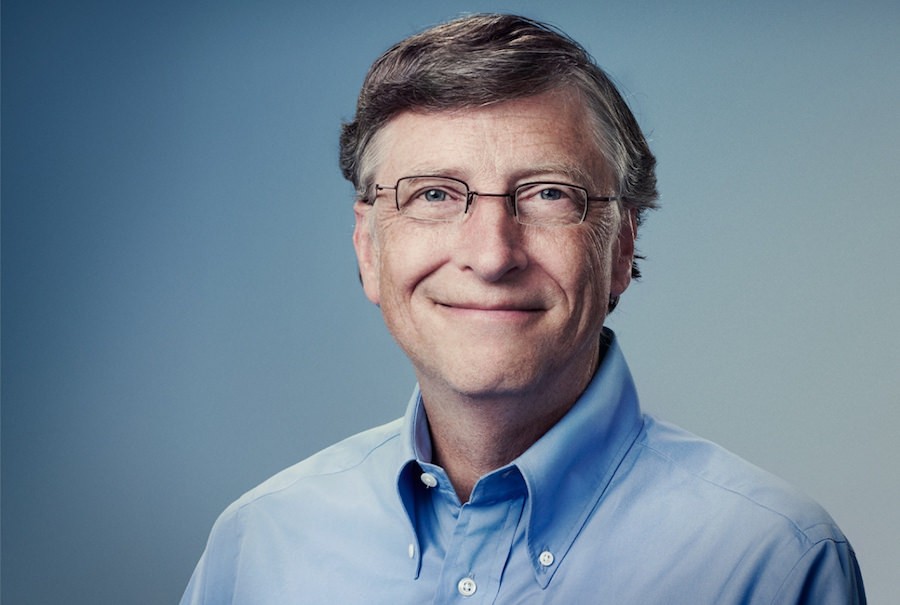Every year, Forbes magazine publishes a list of the 400 richest people in the US. How the list is compiled is pretty straightforward: it is a list of US citizens (and permanent residents) who have made the substantial majority of their fortunes in the US. It’s a list of billionaires.
Forbes doesn’t explain in detail how they calculate the net worth of the people on the list but we know that they take into account both the assets these people have (companies, cars, boats, planes, islands,...) — and their debts.
Each year, the list is pretty much the same. Same names switching ranks, making a few more or a few less million each year; mostly men, mostly white, mostly above 40.
However, this year brought a new addition to the list: a philanthropy score. For the first time, billionaires are ranked not just on how much money they have but also on their generosity. Each billionaire is scored on a scale of 1 to 5 with 5 being the most generous.
The two main factors behind Forbes’ methodology in calculating philanthropy scores are an estimate of each individual’s total lifetime giving and the percentage of their fortune they have donated. In some instances, Forbes explains, billionaires have been bumped up or brought down based on other factors like personal involvement in their charitable giving.
Here are some highlights from the newly introduced philanthropy score:
-
Out of 400 people who have a net worth of at least $2.9 billion, only 29 received the highest score of five.
-
In terms of percentage, right-wing media’s favourite boogeyman George Soros was the most generous: giving 79 percent of his wealth, $32 billion, to his own philanthropic network Open Society Foundation.
-
In not-so-surprising news, Bill Gates has donated the most with $35.8 billion, 27 percent of his fortune.
-
Jeff Bezos, who moved from the second richest in 2017 to the richest person in the US in 2018, breaking Bill Gates’ 24-year streak, only received a score of two out of five.
-
76 of the 400 richest received the lowest possible score meaning: to date, they gave away less than one percent of their fortune or less than 30 million.
-
Amongst these 76 is US President Donald Trump, the first billionaire president in US history.

But here’s the thing. We should approach the philanthropy scores on this list, as well as the people, with a grain, neigh a family-sized salt shaker, of salt.
Firstly because, the system these people manage to get rich on, capitalism, is one that eats the poor and the disenfranchised. As apparent by the overload of white men with at least a middle-class background on the list, if you’re not born with these qualities and an added bonus of inexplicable and unearned entitlement, ‘making it’ is nearly impossible.
Second, Forbes only calculates the amount and the percentage of donations. Where these donations go and their impact isn’t a part of Forbes’ methodology.
Take, for example, The Koch Brothers who share the number seven spot on the list with $53.5 billion net worth each. Both Kochs have a philanthropy score of 4 and Forbes estimates that each has donated two percent of his fortune. However, The Kochs are infamous for their right-wing politics and disregard for the environment. The brothers are founders of so-called non-profit organisations like The Cato Institute and Americans for Prosperity, a think thank and a citizen activist group, which essentially are tools for policy change that serve the Koch’s financial and political interest. Nevertheless, they are non-profit foundations on paper so donating to them still adds to the philanthropy score.






